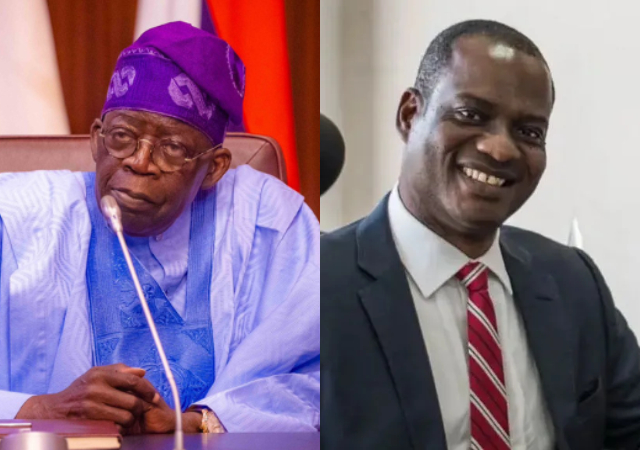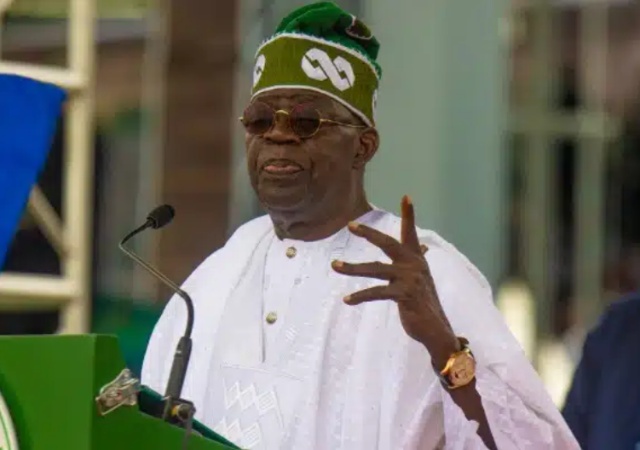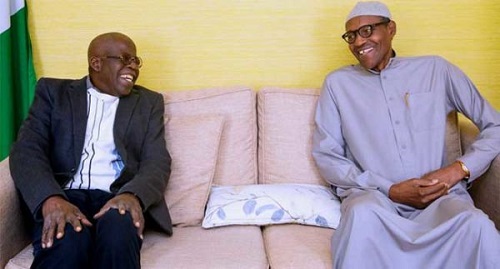
The formation of a presidential committee on fiscal policy and tax reforms has received President Tinubu’s approval.
Dele Alake, the President’s Special Adviser on Special Duties, Communications, and Strategy, revealed this on Friday.
Mr. Taiwo Oyedele, a renowned expert in Fiscal Policy and Africa Tax Leadership at PriceWaterhouseCoopers (PwC), will serve as the committee’s chair.
Professionals from the public and private sectors will make up its membership, and it will be tasked with handling various facets of tax law reform, fiscal policy design, coordination, tax harmonization, and revenue administration.
According to Mr. Adelabu Zacch Adedeji, the President’s Special Revenue Adviser, Tinubu is aware of the importance of a stable fiscal policy environment and an effective taxation system for the operation of the government and the economy.
“Nigeria’s global ranking in ease of tax payment is dismally low, while the Tax to GDP ratio is among the world’s lowest and well below the African average,” Adedeji said.
“This has resulted in an overreliance on borrowing to fund public expenditure, subsequently limiting fiscal capacity as debt service costs progressively consume a larger portion of government revenue each year, perpetuating an unpropitious cycle of insufficient funding for socio-economic development.”
While acknowledging incremental progress made in recent years, Adedeji stressed that the outcomes have not been sufficiently transformative to alter the existing narrative.
He further outlined key challenges in Nigeria’s tax system, including multiple taxes and revenue collection agencies, a fragmented and intricate tax structure, low tax morale, prevalent tax evasion, high costs of revenue administration, lack of coordination between fiscal and economic policies, and inadequate accountability in tax revenue utilization.
The committee’s primary objective is to improve revenue collection efficiency, ensure transparent reporting, and facilitate effective utilization of tax and other revenues to enhance citizens’ tax morale, foster a positive tax culture, and drive voluntary compliance.
“Our aim is to revamp the tax system to support sustainable development and achieve a minimum Tax to GDP ratio of 18% within the next three years, without stifling investment or economic growth,” emphasised the Special Adviser on Revenue.
“It is important to note that this committee will not only provide advisory recommendations to the government but will also spearhead their implementation, in line with the comprehensive fiscal policy and tax reform agenda of the current administration.”



